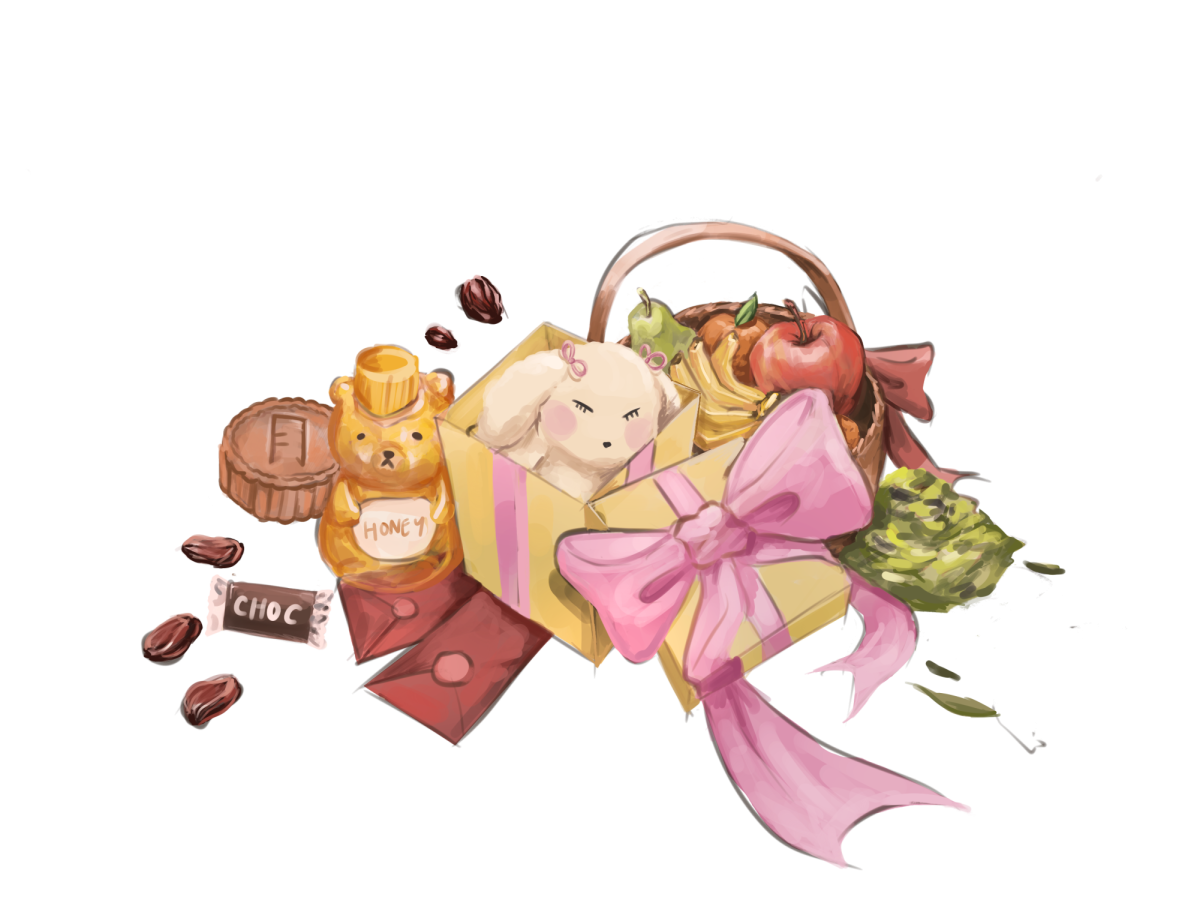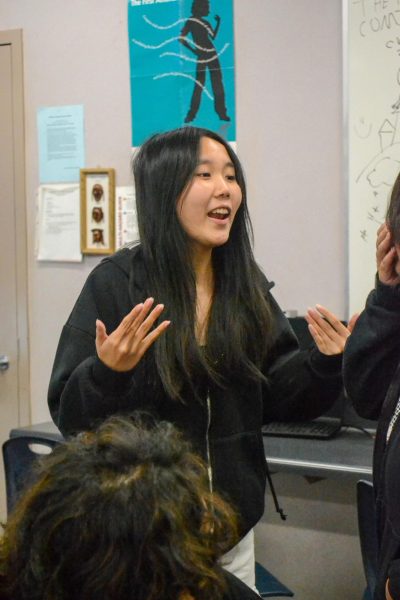From a bag of candies to a new car, people around the world look forward to the holidays to cross off items from their wishlists. The excitement of waking up to presents or sharing a large meal with family and friends are what create the magic of the holiday season.
However, this magic is not confined to Christmas: across the world and especially within our Northwood community, there are holidays year-round that prolong this excitement through unique festivities, traditions and gifts.
Lunar New Year
In East Asian culture, this holiday is a celebration of the new lunar year marked by large get-togethers with family and friends. Children are often given money in red envelopes from their elders as a symbol of good fortune for the coming year.
Mid-Autumn Festival
On the night with the largest full moon, which usually falls on the 15th day of the eighth month of the lunar calendar, East Asian families gather to celebrate the full moon which symbolizes family reunion.
Many families come together for the festivities across the globe and exchange food, money or small toys for kids or household items to those that they have not seen in a long time.
Eid/Ramadan
Throughout the holy month of Ramadan in the Islamic lunar calendar, Muslims fast from sunrise to sundown to show their dedication to patience and appreciation for the small things in life. At the end of the day, Muslims break their fast with a big meal in the company of their family and friends commonly consisting of dates, salad and a main dish.
At the end of the month, Muslims celebrate the month of fasting through one of the two holidays or Eids in the year. Eid Al-Fitr is celebrated by sharing presents from everyone’s wishlists, money from elders, as well as treats and tea with loved ones.
Diwali
Diwali is India’s biggest and most widely participated holiday that celebrates the ideologies of light over darkness and knowledge over ignorance.
It is a holiday that emphasizes sharing and often includes the giving of many treats and traditional foods that can be shared amongst groups of loved ones with the lights of lanterns.
Chuseok
Sometime in early fall (the exact date moves due to the lunar calendar), many Korean families come together to celebrate a full harvest moon over a meal where ancestors are thanked for a plentiful harvest.
Music and dancing such as the traditional samulnori and talchum are large parts of this celebration. Exchanges of high quality meats, fresh fruits or useful gifts such as household items or education related items are customary between friends and families on this day.
Rosh Hashanah
This holiday directly translates to “the head of the year” and it is a celebration of the Jewish new year. It is a day of reflection and celebration of the coming year spent with family and friends.
One of the central traditions of the day is the blowing of the horn shafar at the start and end of the day. It is customary to gather with family and friends and bring a gift of symbolic foods, such as honey, apples, pomegranates or kosher wine.





















































